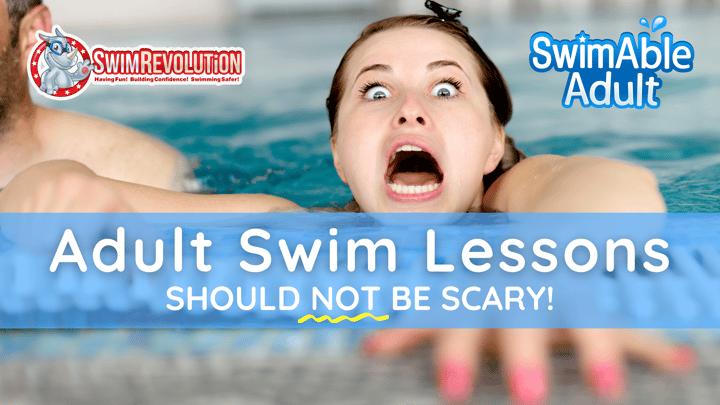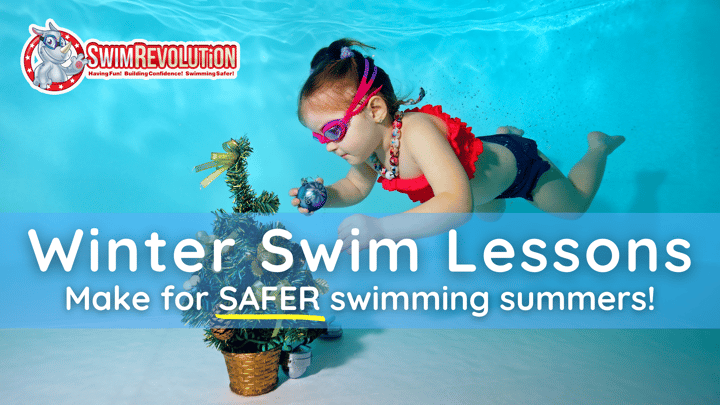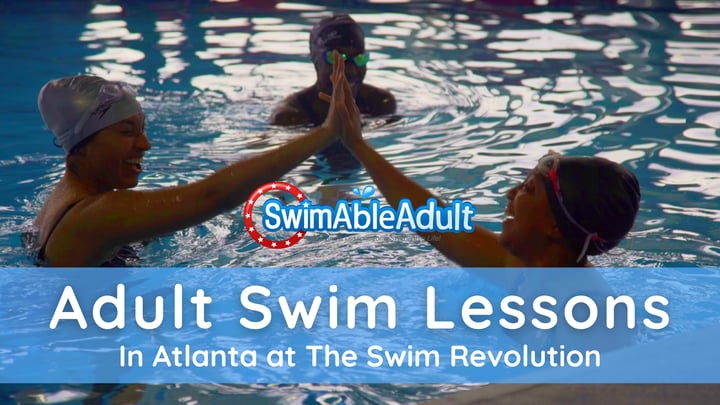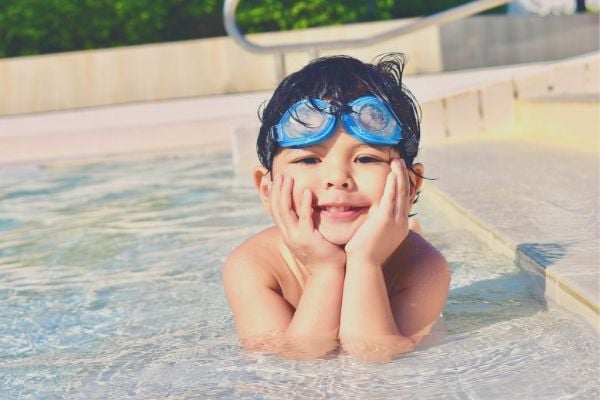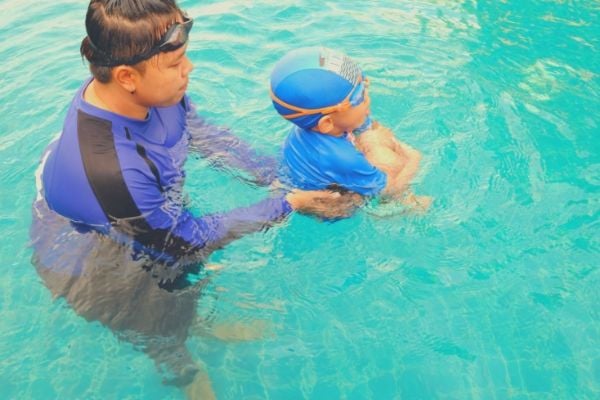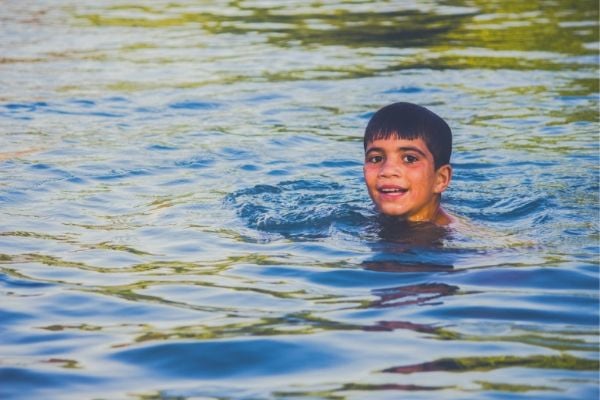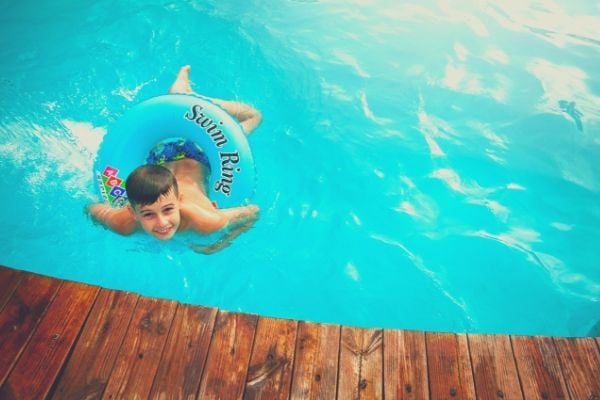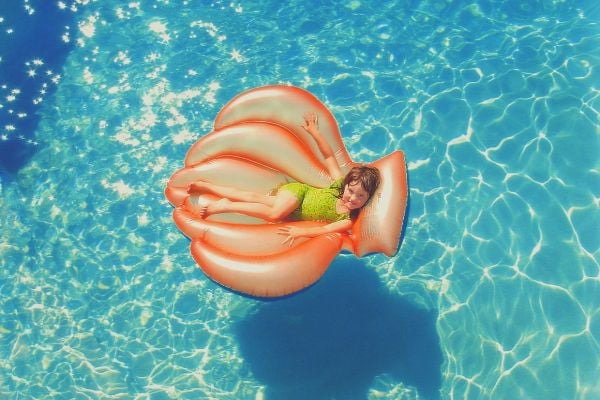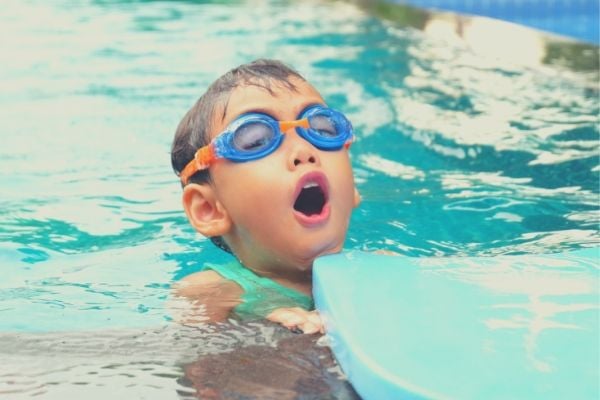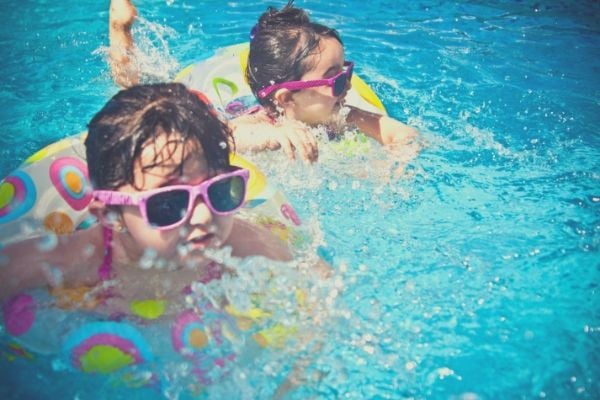- Home
- The Swim Revolution Blog
The panic grew with every move I made: gripping the railing with sweaty palms, trying to take it one step at a time as I made my way down the stairs and into the water. My feet felt like anchors dragging the pool floor as I tried to follow my instructor out into the shallow end. I wondered if he noticed my terror. I was feeling self-conscious about feeling scared. My chest felt heavy and my brain...
"My kids usually take a break from swimming lessons over the winter. But I realized last spring that my kids just were't safe when our pool opened and vowed this year we would do things different. I also hate thinking about all the money we spent "re-learning" so many skills that my kids ended up forgetting over last winter when we stopped lessons." - (Not a Real Person), but the truth we wish...
Type "Adult Swim Lessons Atlanta" into Google, and you'll see 4 options pop up. How do you make the right decision between these few options? If you experience fear, nerves, or anxiety in shallow water or deep water, don't make a traffic or distance-based decision! You need a program that recognizes your fear and purposefully helps you overcome it step by step. Sadly, there aren’t many adult swim...
We’ve designed our FUNdamentals curriculum to be intuitive and simple to follow. The skills we teach and our methods of teaching have been purposefully chosen after years of studying how children learn and develop best, spending countless hours observing kids swimming in play settings and evolving our understanding through teaching over 500,000 swimming lessons.
We've introduced you to several key swimming skills and tips to help your child become a competent and confident safer swimmer. We’ve talked about your roadmap to success and how to work through building comfort, forward propulsion and breath control. We hope you find these tips helpful in developing your child into a confident, safer swimmer.
At The Swim Revolution, we model our FUNdamentals teaching curriculum off of 3 main things: The skills children actually use while play swimming The skills children need to learn in order to pass a swim test and swim-safer Studying how children learn best
In previous lessons, you learned how to set your child up for successful swimming lesson with you at home or with professionals at your local swim school. You learned the motto: “Have Fun! Build Confidence! Swim Safer!,” that our coaches use in our FUNdamentals beginner swimming lessons as a roadmap to success.
Back floating is one of the best indicators of your child’s overall comfort in the water. In previous lessons, we dove into helping your child achieve forward propulsion in the water, in this lesson we’ll work back to establishing further comfort.
Swimming independence cannot be attained without proper breath control. Adult and competitive swimmers talk about breathing techniques that help them excel, but for children, breath control is about just a few key concepts, none of which are related to performance or competition. Rather, breath control for kids is about safety and skill development.
The doggy paddle! It’s a classic, isn’t it? So many of us who are now grown-ups remember learning to do the doggy paddle as little kids. It was often our first real experience with swimming. Once we mastered the doggy paddle, we felt we could conquer the whole pool!


